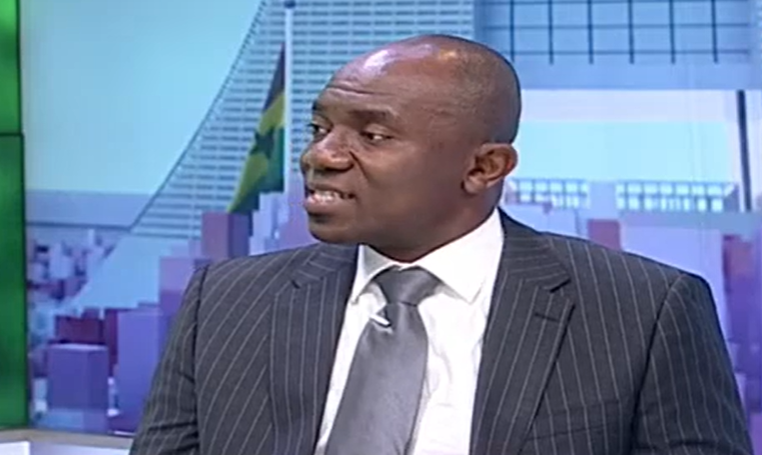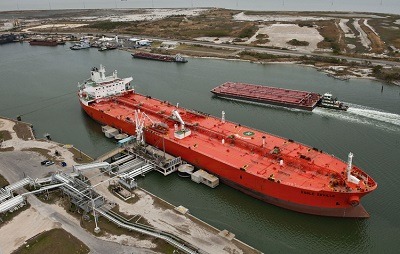Oil prices slipped on Monday over worries that the result of next Sunday’s meeting of producers in Qatar aimed at freezing current output levels would fail to improve the current supply-demand balance.
Brent crude futures, the global benchmark, were down 27 cents at $41.67 a barrel at 0810 GMT, retreating from a three-week high reached on Friday. Oil prices rallied more than 6 percent last week after data showed U.S. energy firms had cut oil rigs for a third straight week to the lowest since November 2009.
U.S. WTI crude also eased on Monday, falling to $39.51 a barrel, down 21 cents from the prior session.
“Prices will move back and forth this week on expectations for Doha. This morning it seems that speculation is being scaled back again,” said Commerzbank senior oil analyst Carsten Fritsch.
Analysts at Goldman Sachs, who expect oil prices to average $35 a barrel in the second quarter, cautioned the outcome of the meeting may end up being bearish for the market.
“A production freeze at recent production levels would not accelerate the rebalancing of the oil market as OPEC (excluding Iran) and Russian production levels have this year remained close to our 2016 average annual forecast of 40.5 million bpd,” the analysts said.
Peers at Barclays also warned the meeting could have limited impact because some producers who have the potential to raise output are unlikely to get involved in an output freeze.
Bearish sentiment was also further reflected in price expectations. BMO Capital Markets lowered its 2016 Brent and WTI price forecasts to $41 and $38 a barrel respectively, down from the $45 and $41.50 previously estimated.
However, the longer-term outlook for oil seemed less bearish, with analysts forecasting a pick-up in demand.
Researchers at Bernstein expect global oil demand to grow at a mean annual rate of 1.4 percent between 2016 and 2020, compared with annual growth of 1.1 percent over the past decade.
“We expect oil markets to rebalance by the end of 2016. This will allow oil prices to recover towards the marginal cost of $60 per barrel,” Bernstein said, adding that global demand would reach 101.1 million bpd by 2020 from 94.6 million bpd now.
–
Reuters





